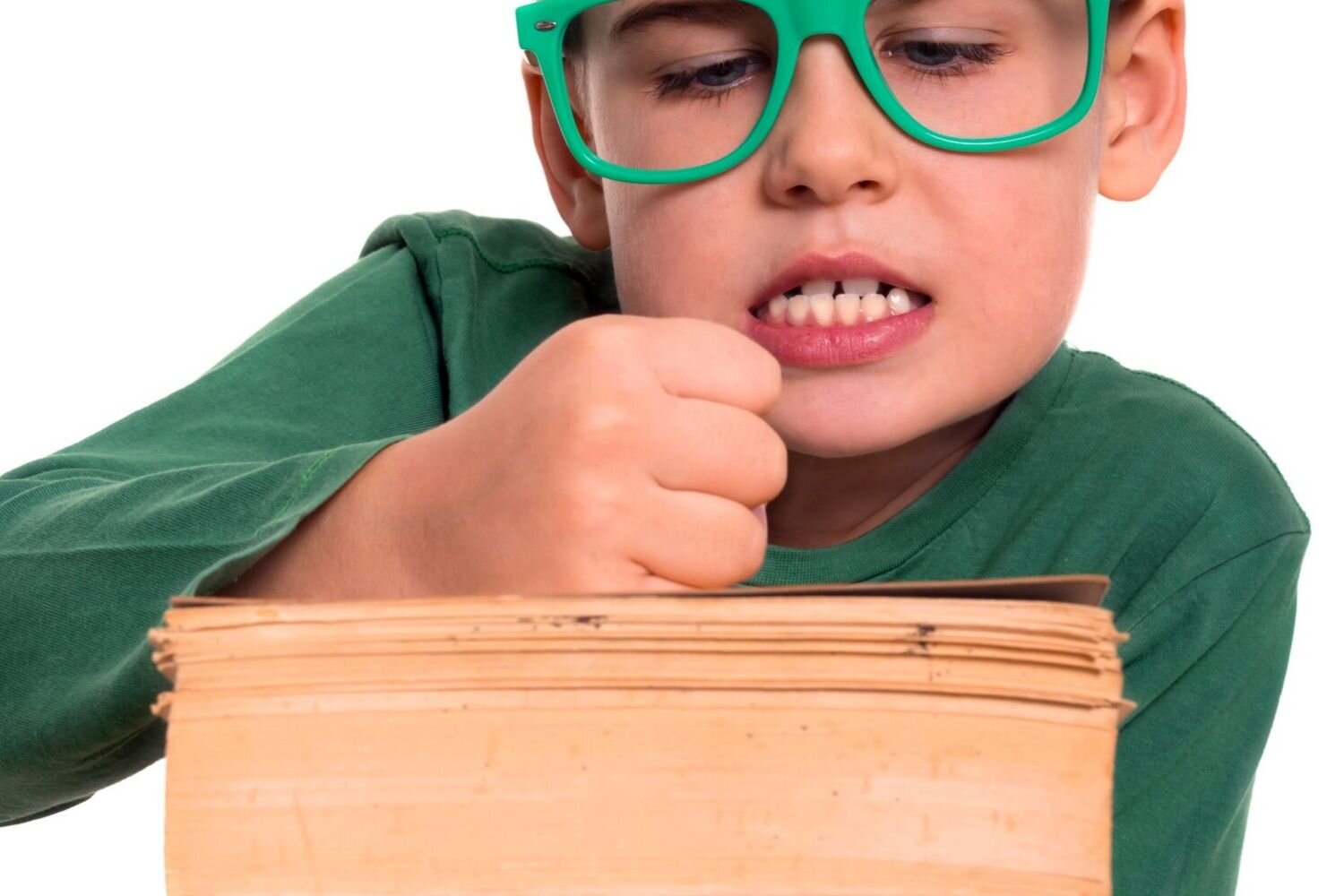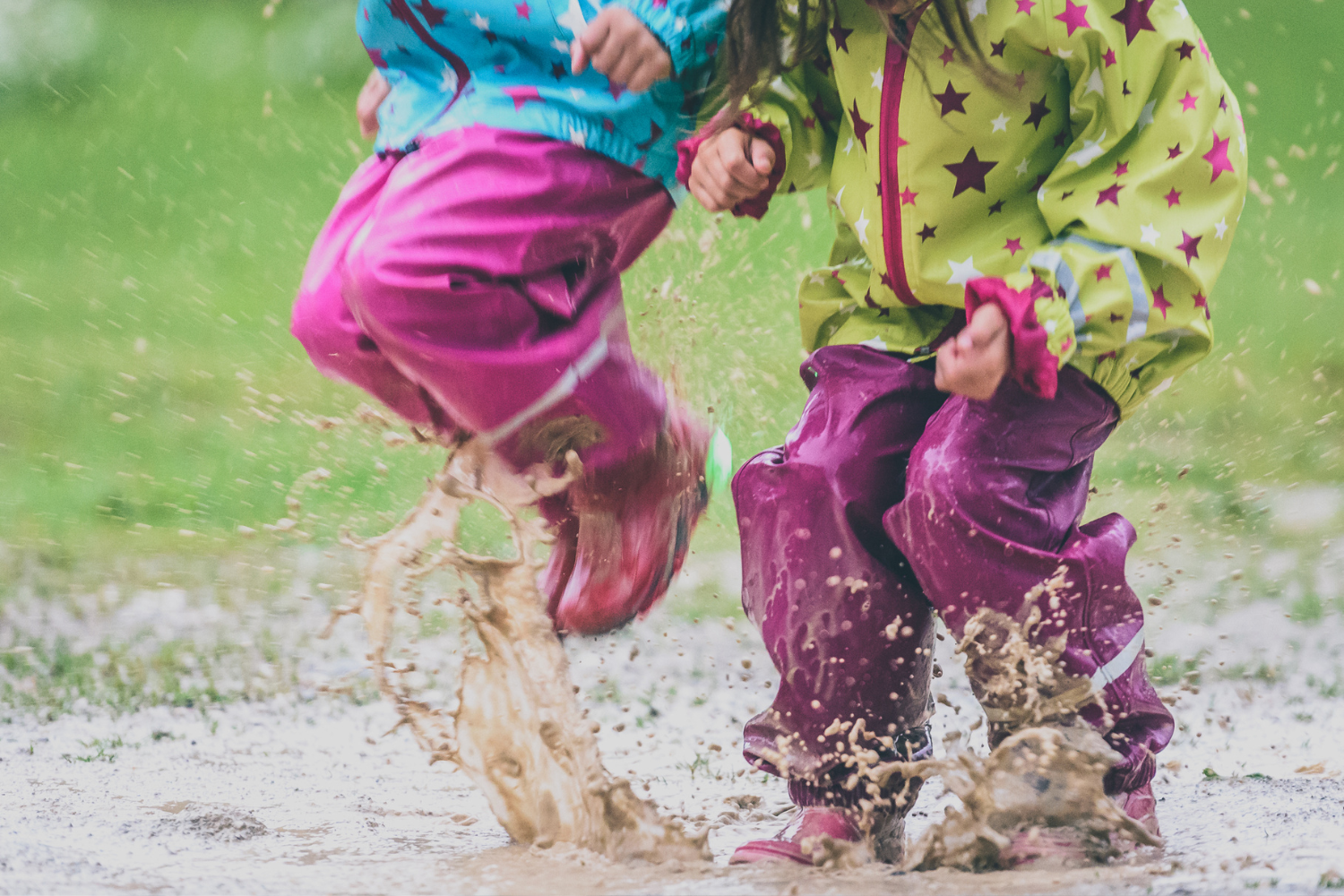Maybe, like me, you’ll also be surprised to learn that "Why homeschooling is a bad idea" is a commonly searched question on the internet.
Which got me thinking about the reasons for why some people believe this and when homeschooling might truly be a bad idea for some families.
As it may be of interest to you, I've put together 8 reasons for why homeschooling might be considered a bad idea.
With 23 years of experience behind me, I'll share with you what I've seen work and not work when it comes to homeschooling, and I'll share some common misunderstandings that mislead parents about homeschooling.
Why Some People Believe that Homeschooling is Bad
1. A Misunderstanding of What Children Need in Childhood
Our job as parents is to raise our children to be civilized, independent, and the best of who they can be. To do this, children need to be with people who model civlized behavior, they need the freedom to decide how to use their own time, and they need to develop well physically, emotionally, and neurologically.
Once the children have a solid foundation in place, with the proper guidance, they will be able to grow into civilized, independent adults who operate from a place of integrity. However, when we put children into school too early, we interrupt this process.
“Childish people, for all the noise they make, are nearly helpless. They always fall back into line because they have no other choice, they lack the inner resources to be self-sustaining. ”
Contrary to tons of research, many parents still believe that putting their children into early education programs is what's best for their children, and, by default, homeschooling becomes a bad idea.
2. Ignorance About What a Quality Education Looks Like
Few of us stop to consider what a quality education should look like, and how providing one for our kids will have a positive effect on their entire lives.
If parents have been deceived into misunderstanding what their children are capable of, and they don't know how far below their children's capability levels the public schools hover, then they won't see the point of homeschooling their kids, and again, homeschooling becomes a bad idea. After all, why would you bother?
3. Parents Think Their Kids Need School to Develop Social Skills
Children need people in their lives to model good social skills for them. This is one of the ways they learn social skills. What they don't need is school. No child is going to learn good social skills from other children, and especially not from a school system where their teachers are not allowed to discipline and correct their behavior.
“Being considerate of others will take your children further in life than any college degree.”
Social skills amongst homeschooled children have been studied, and the homeschooled come out ahead for obvious reasons. There's no rocket science here. So, even for improving one’s social skills, homeschooling is not a bad idea.
4. Parents Know "Homeschooled" Kids and Are Not Impressed.
This last one is a growing problem because the kids these parents know aren't really being homeschooled; they're in virtual schools. If all a parent knows are kids who are being "educated" through virtual schools, then they don't know anything about homeschooled kids.
These virtual schoolers sit in front of computers for too many hours a day; they don't socialize, and they don't learn much. They are even registered through the state as a public school student.
Since Covid there has been a mass movement towards online education, and the most recent national study shows that schoolkids are still way behind academically.
Go figure.
We need to keep our kids out of these fraudulent, dumbed-down programs! Our children are smart, and they deserve an education.
An Unfortunate Scenario That May Not Work
1. One Spouse Wants to Homeschool, the Other Doesn't
All relatively sane parents want what is best for their children. Yet, when it comes to education, some parents believe that what is best is public school, and some parents believe that what is best is homeschooling.
When two parents disagree on which kind of education is best for their children, homeschooling may not be the best option, however, it depends upon the level of respect between the parents.
What I have seen over the years is that the parent against homeschooling, which is usually the father, may agree to the children being homeschooled for a year, but it is on a "trial" basis.
If the father is respectful and truly supportive of his wife's efforts, and if the wife knows what she's doing, then homeschooling will usually prove itself, and he then becomes convinced that homeschooling trumps school.
But if the father is disrespectful towards the mother, especially in front of the children, and he undermines her efforts to give her children a better education, then the children tend to eventually side with the father, and the mother will have little choice but to give up her dreams of homeschooling her precious ones.
“A father’s contribution to his children is primarily a measure of how much he adores their mother.”
Sometimes you see the situation reversed, but it is less common because the mother typically does the teaching. If she doesn't want to homeschool, she is not going to "try it out."
Final Thoughts
Overall, homeschooling is the better option if you want to raise children to be brighter, happier, and better socialized. How we raise and educate our children will largely determine the quality of the life they live.
It's a few years of work for us but a lifetime for them.
Register for Liz’s FREE masterlclass, Homeschooling for Success: 3 Critical Questions Each New Homeschooler Must Ask.
Don’t miss your free download, 6 Reasons Homeschooled Kids Have Better Social Skills.
Get a copy of Liz’s “could not live without” book, Education’s Not the Point: How Schools Fail to Train Children’s Minds and Nurture Their Characters with groundbreaking Essays on educating your kids by John Taylor Gatto, Dorothy Sayers, and Liz herself.
Elizabeth Y. Hanson is a homeschooling thought-leader and the founder of Smart Homeschooler.
As an Educator, Homeschool Emerita, Writer, and Love and Leadership Certified Parenting Coach, she has 23 years of experience working in education.
Developing a comprehensive understanding of how to raise and educate a child, based on tradition and modern research, Liz devotes her time to helping parents to get it right.
Liz is available for one-on-one consultations as needed.
"I know Elizabeth Y. Hanson as a remarkably intelligent, highly sensitive woman with a moral nature and deep insight into differences between schooling and education. Elizabeth's mastery of current educational difficulties is a testimony to her comprehensive understanding of the competing worlds of schooling and education. She has a good heart and a good head. What more can I say?”
—John Taylor Gatto Distinguished educator, public speaker, and best-selling author of Dumbing Us Down: The Hidden Curriculum of Compulsory Schooling. For a copy of The Short Angry History of Compulsory Schooling, click here.



















































































